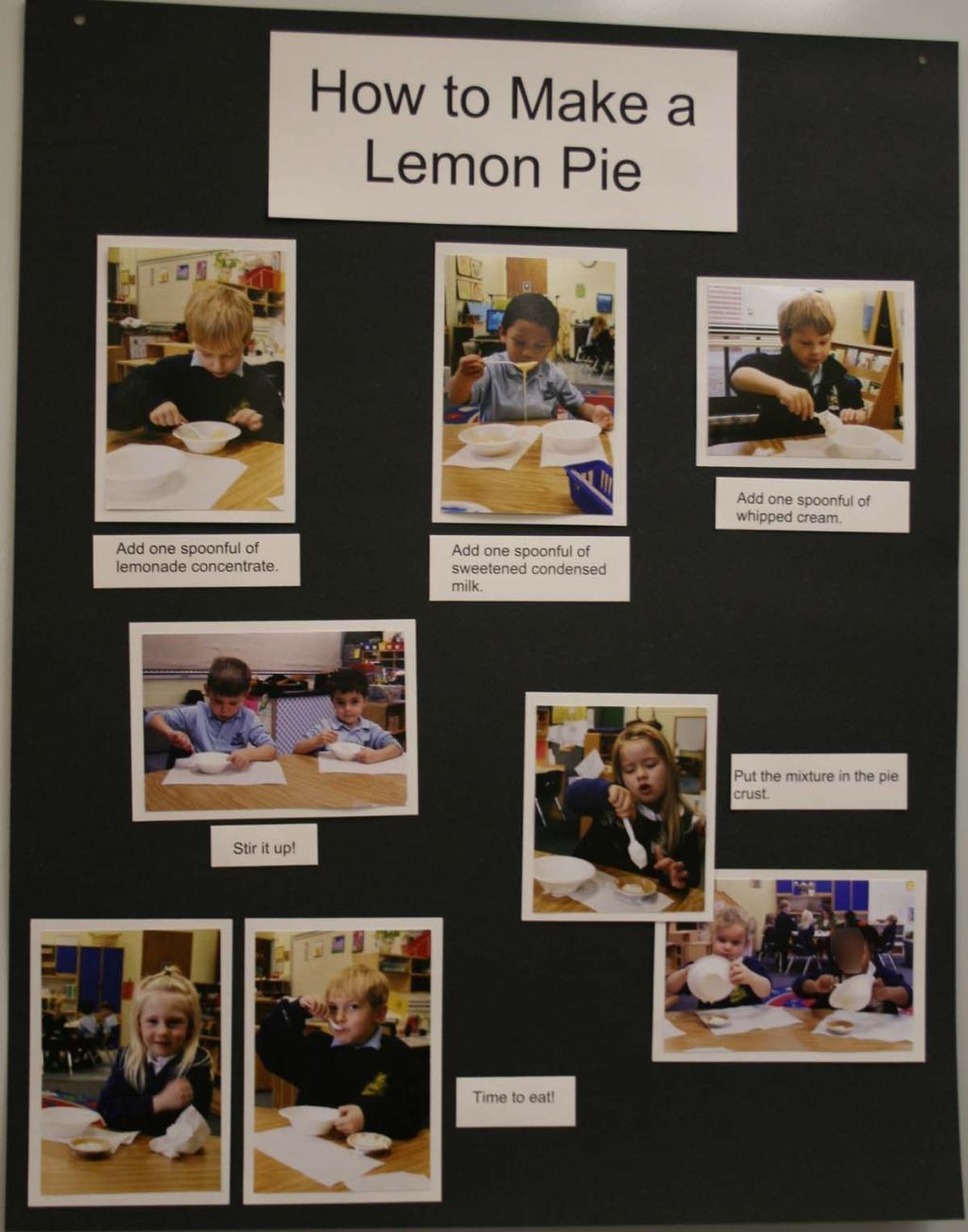In Reggio Emilia-inspired educational settings, documentation panels play a crucial role in showcasing the learning journey of children. These panels are carefully curated displays that include photographs, transcripts of conversations, children’s artwork, and reflections on their experiences. Documentation panels serve as a form of assessment that is focused on making learning visible to both educators and parents. By documenting children’s thoughts and actions, educators can gain insights into their interests, strengths, and areas for further exploration.
Atelier spaces are dedicated workshop areas within Reggio Emilia schools where children engage in project-based learning experiences. These spaces are designed to inspire creativity and exploration through various art mediums such as painting, sculpture, drawing, and more. Atelieristas or art teachers collaborate with classroom educators to support children’s artistic expression while integrating other subject areas into their projects.
Parent involvement is highly valued in the Reggio Emilia approach as it recognizes parents as partners in their child’s education. Parents are encouraged to participate in school activities, contribute their skills and knowledge to projects, and collaborate with educators in documenting children’s learning journeys. This partnership between home and school creates a strong sense of community and reinforces the idea that education is a collective responsibility.
The environment plays a significant role in the Reggio Emilia approach as it is seen as the “third teacher.” Classrooms are intentionally designed to be inviting, organized, and aesthetically pleasing to stimulate curiosity and encourage exploration. Natural materials such as wood, plants, rocks, water elements are commonly used to create sensory-rich environments that support children’s holistic development.
Project-based learning is a cornerstone of the Reggio Emilia approach where curriculum emerges based on children’s interests and inquiries. Educators act as facilitators who observe children closely to identify emerging themes for investigation. Projects can last for days or even months as children delve deep into topics that spark their curiosity while developing critical thinking skills along the way.
Assessment methods in Reggio-inspired practices focus on ongoing observation, reflection on documentation panels…

Leave a comment